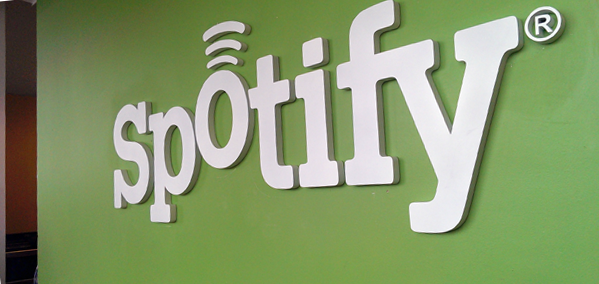Spotify’s third-party app program is over in its current form, the streaming music service announced today.
The music service launched an API back in 2011 that allowed developers to build their own applications that used Spotify’s vast music library, such as SoundDrop, Last.fm, musiXmatch, Tunewiki, and many others. The API was great from a music-service-innovation perspective because most startups don’t have the option of signing licensing deals with the majority of popular music labels (both major and indie). The only catch was that these apps basically had to live within Spotify’s desktop client.
“Partners have been asking us for a cheaper and easier way to own a presence inside Spotify, and developers would like more ways to integrate Spotify with their own applications,” Spotify wrote in a blog post. “Pair that with the growing importance of mobile, and we realized we needed to adapt.”
Effective this week the company will no longer be adding any new apps to its App Finder directory, but will allow current apps to continue performing critical updates on an as-needed basis. Going forward, Spotify is pushing out a new API with greater support for web and mobile apps, as well as the ability to allow developers to build a Spotify experience within their own services.
The move makes sense and fits with some of what its competitors are doing. Both Beats Music and Rdio already offer more flexible APIs.
VentureBeat's mission is to be a digital town square for technical decision-makers to gain knowledge about transformative enterprise technology and transact. Learn More

